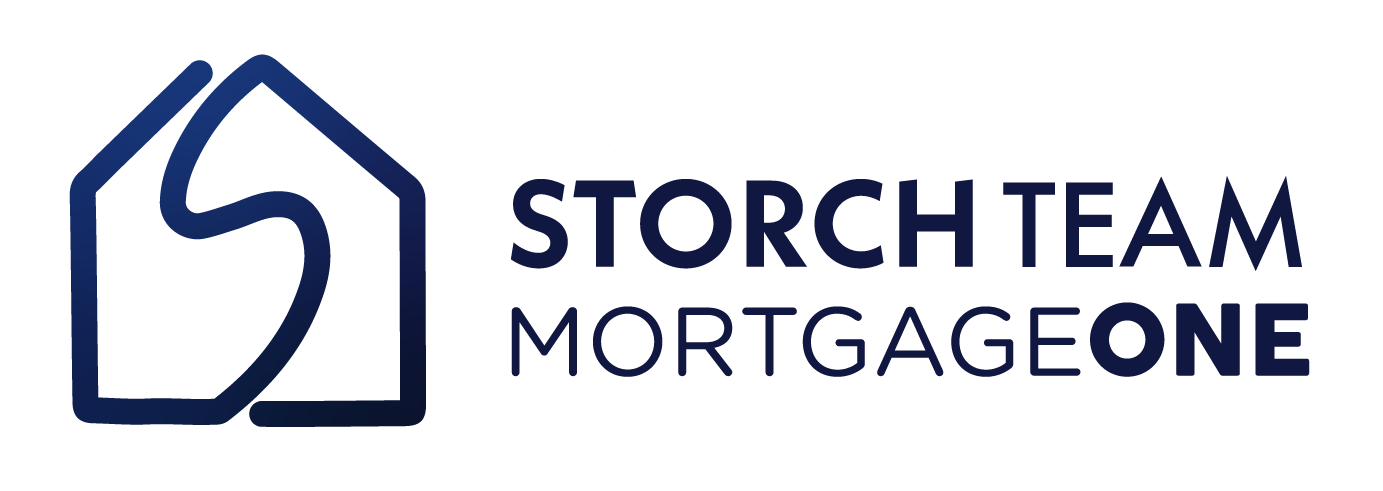Wondering what credit score you need to qualify for a mortgage? This guide breaks down minimum credit score rules for FHA, conventional, VA, and USDA loans — plus simple tips to boost your score before you apply.
Understanding the Basics of Credit Scores
If you’re asking, “What credit score do I need to qualify for a mortgage?”, you’re already on the right track. A credit score is a three-digit number that shows how reliable you are when it comes to borrowing money and paying it back. Lenders use this number to decide if they should approve your home loan and what interest rate to offer you.
The higher your credit score, the lower the risk for the lender. A stronger score can mean better loan options, more flexibility, and thousands of dollars saved over the life of your mortgage.
How Lenders Use Your Credit Score
When a lender reviews your mortgage application, your credit score is one of the first things they check. It helps them understand (among other things):
- How often you pay your bills on time
- How much debt you currently carry
- How long you’ve been using credit
- What types of credit accounts you have
- How often you apply for new credit
Together, these details help them see how likely you are to make your mortgage payments on time.
Credit Score Ranges Explained
Most credit scores fall into these general ranges:
- 300–579: Poor
- 580–669: Fair
- 670–739: Good
- 740–799: Very Good
- 800+: Exceptional
A “Good” score or higher usually gives you better interest rates, but you can still qualify for some mortgage types even if your score is in the “Fair” range.
Minimum Credit Scores Needed for Different Mortgage Types
There’s no single answer to the question, “What credit score do I need to qualify for a mortgage?” That’s because each loan type has its own guidelines. Below are common minimums lenders often use.
FHA Loans
FHA loans are backed by the Federal Housing Administration and are popular with first-time homebuyers.
- Minimum score of about 580 for a down payment as low as 3.5%
- Scores between 500–579 may still qualify with around 10% down
FHA loans are a good option if your credit history isn’t perfect but you have steady income and can handle the monthly payment.
Conventional Loans
Conventional loans aren’t backed by the government. Most lenders prefer a minimum credit score of about 620.
To get the best rates and terms on a conventional mortgage, a score of 740+ is ideal. With higher credit, lenders see you as a low-risk borrower, which can lower your interest cost.
VA Loans
VA loans are designed for eligible veterans, active-duty service members, and some surviving spouses. The Department of Veterans Affairs doesn’t set a strict minimum credit score, but many lenders look for around 600–620.
These loans often offer no down payment and no private mortgage insurance, which can be a big financial benefit.
USDA Loans
USDA loans help homebuyers in eligible rural and some suburban areas. Many lenders want to see a score of about 640 or higher to use the program’s easier approval system.
Other Factors Lenders Consider Beyond Credit Score
Your credit score is important, but it’s not the only thing that matters. Lenders look at your whole financial picture before approving a home loan.
Income Stability
Lenders like to see steady income from the past two years or more. They may ask for pay stubs, W-2 forms, or tax returns. Consistent earnings help show that you can handle a long-term mortgage.
Down Payment Amounts
The more you put down, the less risk the lender takes on. A larger down payment can sometimes help you qualify even if your credit score is on the lower side. It also reduces the amount you need to borrow.
Debt-to-Income Ratio (DTI)
Your DTI compares how much you owe each month to how much you earn. Many lenders prefer a DTI below 43%, though some programs may allow higher ratios with strong compensating factors like a bigger down payment or higher credit score.
Tips to Improve Your Credit Score Before Applying
If your current numbers aren’t where you want them to be, don’t worry. You can take steps now to improve your situation before applying for a mortgage.
Pay Your Bills on Time
Payment history is one of the biggest parts of your credit score. Even one late payment can hurt, so set reminders, use autopay, or create a budget to help you stay organized.
Lower Your Credit Utilization
Credit utilization is the percentage of your available credit that you’re using. Try to keep your balance under 30% of your limit on each card and across all cards combined. Paying down balances can quickly improve this part of your score.
Dispute Errors on Your Credit Report
Mistakes on your credit report can drag your score down. You have the right to check your reports and dispute any errors with the credit bureaus. For official guidance on getting and reviewing your reports, you can visit the U.S. government’s credit report information page at: https://www.usa.gov/credit-reports
Common Mistakes Homebuyers Make With Credit Scores
Here are a few pitfalls to avoid when you’re getting ready to apply for a mortgage:
- Closing old credit accounts right before applying
- Opening several new credit cards in a short period
- Ignoring errors on your credit report
- Running up large balances close to your limits
- Not planning for how your debts affect your DTI
Avoiding these mistakes can help you keep your score steady or even improve it while you prepare to become a homeowner.
FAQs About What Credit Score Do I Need to Qualify for a Mortgage
1. Can I get a mortgage with a 580 credit score?
Yes, you may qualify for an FHA loan with a 580 credit score if you meet other requirements, like steady income and an acceptable debt-to-income ratio. You may also be able to put down as little as 3.5%.
2. Is 700 a good enough score to buy a house?
A 700 credit score is generally considered good and should qualify you for many mortgage options. You’re also likely to receive more competitive interest rates than someone with a lower score.
3. Will a higher credit score lower my mortgage rate?
In most cases, yes. Lenders reward higher scores with lower interest rates and sometimes lower fees, which can save you a lot of money over the life of your loan.
4. Can I buy a home with no credit score?
It’s possible, but more challenging. Some lenders use “manual underwriting,” where they look at things like rent, utilities, and other payment histories instead of a traditional score. However, not all lenders offer this.
5. Do mortgage lenders check all three credit bureaus?
Many lenders pull credit reports from all three major bureaus and then use the middle score. If only two scores are available, they typically use the lower one.
6. How long does it take to raise my credit score?
The timeline depends on your starting point and the changes you make. Some improvements, like paying down credit card balances, can show results in 30–90 days. More serious issues, like late payments, may take longer to overcome.
Conclusion
Understanding what credit score do I need to qualify for a mortgage is a key step toward buying a home with confidence. While exact requirements vary by loan type, knowing the typical minimums for FHA, conventional, VA, and USDA loans gives you a clear target to aim for.
By building healthy credit habits, paying bills on time, keeping your balances low, and checking your reports for errors, you can improve your score and strengthen your mortgage application. With preparation and patience, you’ll be in a much better position to unlock the door to your new home.
We hope you found this article helpful. For more valuable tips, please bookmark our site. For all your mortgage financing needs, you can visit the Storch Team https://closemymortgagetampa.com/. The content of this blog is for general informational and educational purposes only.
HOW DO I QUALIFY?
- Initial loan consultation
- Formal loan application
- Processing
- Order appraisal, title, inspections, verifications
- Underwriting (Initial review)
- Conditional approval
- Conditional sent to underwriter
- Final loan approval




